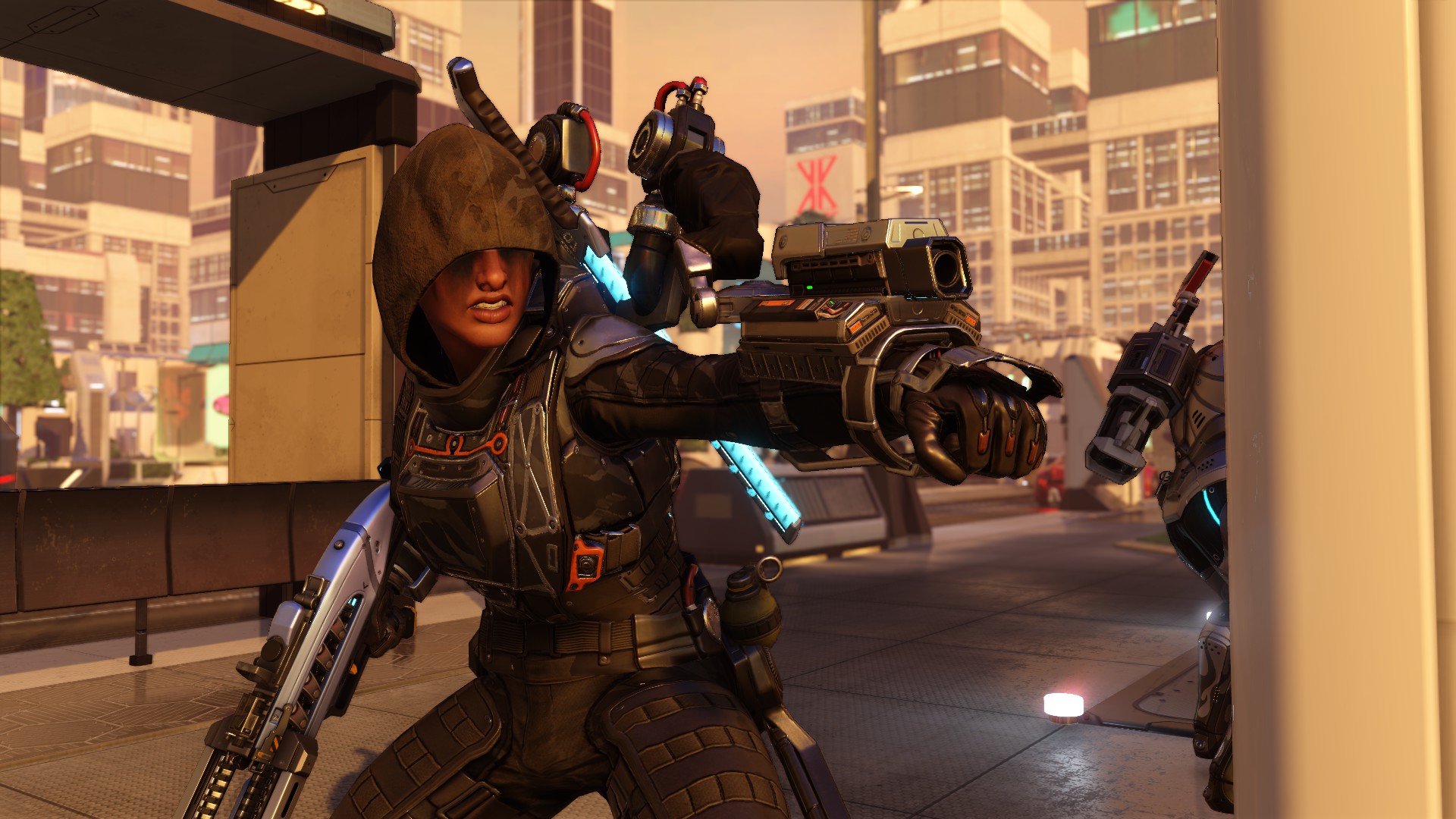

Like I said, we worked hard-but we had fun doing it. We also got to do a lot of cool things that were directly related to work-like visit and tour the Oceana Naval Air Station while working on Fleet Defender Gold. We did things together as a studio all the time-from paintball to RC monster truck rallies to putting together an impromptu band to play at the company Christmas party.

We worked hard, and we sometimes worked long hours-but, mostly, we did it because we absolutely loved what we did and we were proud to be a part of creating great games. I've never worked in a more creative and fun environment. If you ask pretty much anyone who worked at MicroProse, they'll tell you it was the best job they ever had. That job turned into a career.Ĭraddock: What was the culture and atmosphere like at MicroProse?Įllis: Second to none. I figured it was something I could do that was closer to home and more fun until I figured out what I wanted to do long term. I loved MicroProse games and knew a lot about them, and I had a lot of practical experience in computer customer service, so I applied. One day, I saw an ad for a customer service rep at MicroProse.

I started browsing the help-wanted ads in the paper every Monday morning. Remember those? The money was better than retail, but I hated the commute and the job was boring. After I left retail, I got a job working for the government in DC as a "telecommunications specialist," which amounted to a glorified telephone operator that also sent occasional telexes. I got to play a lot of games on a bunch of different computers-we sold Commodore, Atari, and IBM compatible machines and software. I really never thought seriously about a career in games until I was actually working at MicroProse.Ĭraddock: How did you come to work at MicroProse?Įllis: While I was in college, I had a job selling computers at a small retail store. I actually eventually wanted a career in film or television production. I was a full-on video game junkie at that point, and I told my parents that the job that I wanted was testing video games. One of the things they talked about was testing video games. I was hooked from that point on.Ĭraddock: Did you always want to be a designer, or were you happy working in any position in the industry?Įllis: When the video game craze took hold in the late '70s and early '80s, I saw a 60 Minutes segment about Atari. I was instantly fascinated by video games, and I eventually got myself an Atari 2600 by saving up paper route money. Craddock: What led to your interest in computer games?ĭavid Ellis: I played my first coin-op video game when I was nine, Atari's Breakout, at a bowling alley where I bowled in a league. Monsters in the Dark chronicles the making of the original X-COM, and is funding now on Kickstarter.ĭavid L. He also authored the Civilopedia, Civ II's massive in-game encyclopedia-and a game construct that made a huge impact on the development of X-COM. That's what made talking with David Ellis, strategy guide author for many games, Sid Meier's Civilization II and UFO: Enemy Unknown among them, such a pleasure. I admired the artistry that went into their layouts and text, and was agog at the info organized so colorfully on their glossy pages. Yes, I was that weirdo who read strategy guides like novels.
XCOM 2 WALKTHROUGH PDF PRO
I'd slip a guide between the folders of my Trapper Keeper and smuggle them into class, where I'd absorb pro tips and expert strats behind a wall of textbooks. In fact, my collection got me into trouble more than once. I've collected strategy guides since I was a kid.


 0 kommentar(er)
0 kommentar(er)
